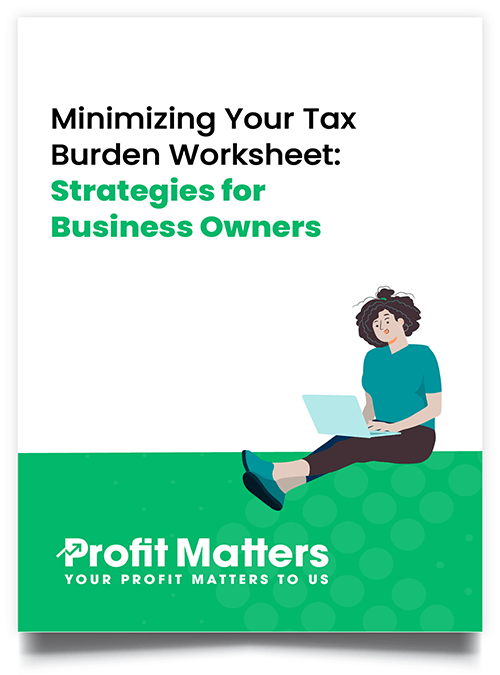The difference between tax avoidance and tax evasion is that the former is innocent while the latter is a deliberate attempt to misrepresent your tax information. This can be your income, your expenses, or failure to report taxes.
Whatever the case might be, you want to be careful to avoid these three common pitfalls that have brought down large business empires throughout history.
Understating Your Income
Whether cash or barter trade transactions, all business incomes must be declared for tax purposes. Some businesses avoid reporting incomes relating to cash transactions by maintaining such amounts below the IRS set bar. Businesses in the US are required to report to the IRS any cash transactions exceeding $10,000.
Now what most businesses do is they make sure that they don’t make any deposits exceeding $10,000 to avoid being on the tax man’s radar.
Another common tax evasion technique is through paying employees in cash. This way, they can avoid any such taxes that are payroll related. Cash payments do not result in withholding income taxes from the employment income.
Exaggerating Expenses
Many businesses are victims of inflating their operating expenses to reduce their taxable incomes. And the IRS knows this too well and has been keen on netting the culprits.
There are literally hundreds of ways that businesses use to increase their expenses. Below are some few common ones:
- Reporting personal expenses as business expenses. A good example would be taking a personal trip and claiming the amount as a business expense. While most businesses get away with trips related deductions, the IRS may require you to provide sufficient documentation to substantiate the claims before qualifying a deductible expense.
- Inflating the home office space deduction. This is common with businesses that are operated from home. Even when the space occupied by the office is less than a standard room space, some businesses have been known to claim close to half the rental cost and utilities. Just like the personal expenses, the IRS may conduct an audit of the deduction should they find just cause.
- Contributions to charities. Contributions to charities are allowable deductions against your taxable income up to a certain limit ($60k) per year. Business owners have also been known to exploit this deduction to reduce their taxable income.
Failure to Report Taxes
When a business fails to report taxes, it most likely failed to deduct payroll and sales taxes. Commonly referred to as “trust fund” taxes, these taxes are levied from other people other than your business – these include your customers (sales taxes) and your employees (payroll taxes). The taxes are held in trust by your business, thus the name trust fund.
As a business owner, you are required to collect the taxes and remit them to the relevant tax organs. Directing these funds to any other business activities amounts to fraud punishable under the law.
Final Thoughts
Willful tax evasion attracts penalties as prescribed by the law; Additionally, anyone found to have evaded tax is guilty of a felony, and can be fined not more than $100,000 or $500,000 for corporations, or a prison term not exceeding 5 years or both, and shall bear the full cost of the prosecution.
Apart from the three stated categories of tax fraud, businesses and individuals may also be charged in a court of law for failure to:
- Collect and pay tax
- File tax returns
- Give a true statement
As earlier stated, If found to be a willful perpetrator of tax fraud, you may be charged with felony or misdemeanor which may result in heavy fines or imprisonment or both.
If you’re not quite sure about your tax compliance status, kindly drop us an inquiry.



